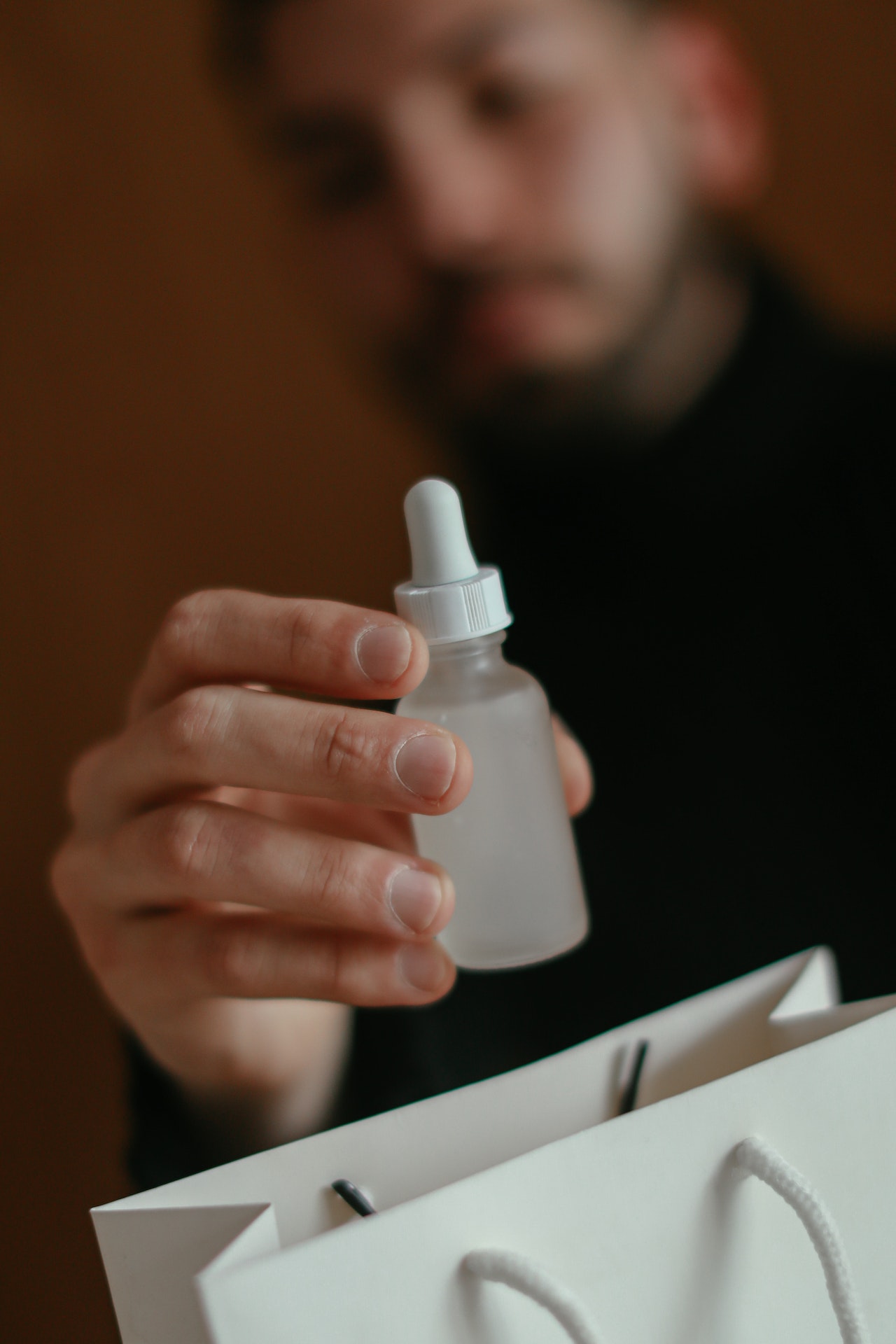It is no secret that many members of the LGBTQIA community face specific skin risks. Research published in the journal, Health Psychology, for instance, has found that sustained exposure to homophobia leads to chronic stress. The latter can, in turn, have a domino effect on health, contributing to everything from heart disease to obesity and skin issues. If you are Indian, you may also have a higher risk of specific conditions such as atopic dermatitis, acne, psoriasis, or vitiligo. For healthy, beautiful skin, it is therefore vital to adopt an integrative approach that takes into accountpsychological as well as physical factors.
Battling Stress to Nip Common Skin Conditions in the Bud
There is a myriad of skin conditions that LGBTQIA people in India can battle if they are facing discrimination, prejudice, and other homophobic behaviors. Stress is known to worsen conditions like rosacea, psoriasis, and eczema. It can also cause rashes and even result in fever blisters. Because Indian skin can already be more prone to psoriases, keeping stress down is a must. Stress can cause you to neglect your skincare routine, consume an unhealthy diet, and fail to get enough quality sleep. To keep stress at bay, incorporate tried-and-tested methods into your weekly routines. Yoga, meditation, Tai Chi, and spending time in nature have been found in numerous studies to significantly reduce levels of the stress hormone, cortisol. Staying physically active can also have positive levels on your mood and state of calm.
Choosing Gentle Ingredients
If you have stressed skin, aim to embrace skincare products made with gentle, calming ingredients, regardless of the condition you are tackling. People sometimes think that conditions such as hyperpigmentation can only be resolved with harsh whitening ingredients. In fact,whitening lotions can be effectivewithout containing bleach and other harsh components. Active ingredients that can give skin a smoother appearance include titanium dioxide (which also deflects harmful UVB rays),arbutin (a natural lightning agent), and extract from the magnolia sieboldii extract (which acts as an antioxidant and prevents sun spots from forming).
Embracing Preventive Health Care
As stated in a study published in the Journal of the American Academy of Dermatology, LGBTQIA persons have specific health issues that are relevant to dermatology. For instance, men who have sex with men have a higher risk of some infectious diseases, including methicillin-resistant Staphylococcus aureus infections. They may also have a greater likelihood of developing non-infectious conditions, including skin cancer. Transgender persons, meanwhile, may develop skin issues related to hormonal therapy. Those undergoing masculinizing hormone therapy with testosterone can develop acne, while those undergoing feminizing hormone therapy can have pseudofolliculitis barbae. Preventive care should include screening for issues that pertain to their specific group. It is vital for dermatologists to be well-educated in LGBTQIA+ skin issues, so they can help patients avoid skin problems and deal with them as soon as they emerge.
LGBTQIA+ have a higher risk of developing skin issues. Moreover, the Indian population has a higher risk of some skin diseases, including stress-related ones like psoriasis. Fighting these problems involves an integrative approach to skincare. Both members of the community and dermatologists should be aware of the risks faced. Testing should be conducted early to identify and solve issues before they become so significant that they affect a person’s quality of life.

